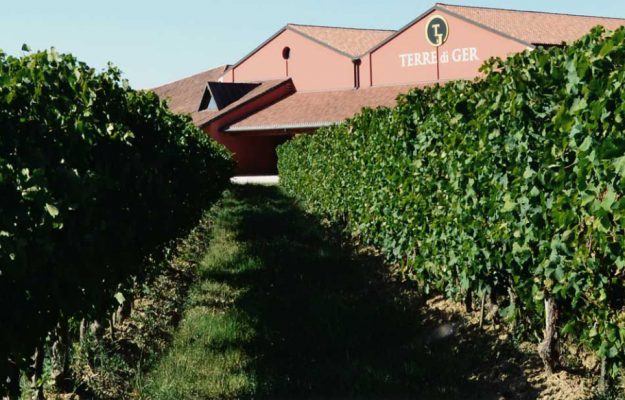The Feltro Bianco from the Terre di Ger winery, based in Frattina di Pravisdomini in Friuli Venezia Giulia, but with vineyards also in the Veneto and Marche regions, is the best “Piwi” wine in Italy. And from the same company comes also the best red, the Caliere Rosso 2020, while the top among the sparkling wines is the Hurrà 2021 by Pizzolato, the best Classic Method sparkling wine is the Naran Pravis 2018 by Pravis, the best Charmat is the Iris 2021 by Le Carezze, and the best orange wine is Julian Orange 2020 by LieseleHof. Here are the winners of the “National Review of Piwi Wines” n. 2, organized by the Edmund Mach Foundation, to enhance and promote “sustainable” vines, born to offer resistance (or rather tolerance) to the main vine diseases: powdery mildew and downy mildew. As evidence of a growing phenomenon, with more and more wineries exclusively dedicated or open to Piwi, there were 82 wines in the competition, from 44 companies, divided into six categories (red, white, orange, sparkling, charmat, metodo classico), evaluated on 9 and 10 November, by a commission made up of 30 qualified experts and supported by the students of the Wine Technician Course.
“This event promoted by the Mach Foundation aims to make known and improve resistant vines, which represent a concrete, tangible project to be pursued, even if they cannot be the only solution to the problems afflicting viticulture” stated during the opening Mirco Maria Franco Cattani, president of the Edmund Mach Foundation, emphasizing the importance of this event, now in its second edition and now consolidated in the rich calendar of the Foundation’s initiatives. Alexander Morandel, president of Piw international, highlighted that the theme of resistant vines “is becoming a European, global initiative”. Enrico Giovannini, president of Civit, the Consorzio Innovazione Vite, also shares this thought. “In the last ten years - he said - the tide has changed: we receive requests from all over Italy to test these new varieties and the level of quality achieved is striking for everyone”.
Professor Mario Pezzotti, manager of the Research and Innovation Center, moderated the seminar, launching a new, further appeal to national politics to implement the choices that free Italy from the stalemate in which the use of genetic innovation is relegated in viticulture, referring to both to the inclusion in the Consolidated Wine Text of the possibility of cultivating resistant vines in the DOCs obtained by crossing with wild vines, and to the possibility of evaluating in the open field the prototypes of already cultivated varieties, improved by cisgenesis or genome editing (New Genomic Techniques - Ngt, or Assisted Evolution Technologies - Tea).
The seminar, which concluded with an award ceremony and a tasting table of the participating wines, featured interventions from authoritative German and French researchers who illustrated their projects for the introduction of their denominations: Professor Ulrich Fischer of the Weincampus of Neustadt and Professor Geraldine Uriel of the Interprofessional Committee of Champagne Wine. Dr. Gabriele Di Gaspero of the Institute of Applied Genomics of Udine spoke about genetic improvement for grapevine resistance.
Professor Ulrich Fischer recalled how the adoption of resistant varieties benefits European Green Deal objectives, despite market resistance to their adoption persisting today due to a lack of market knowledge. He illustrated the results of various tests carried out at his institute where comparison tests with the respective reference varieties gave flattering results for some Piwi vines. Professor Geraldine Uriel spoke about the Interprofessional Committee of Champagne Wine, the research conducted, and how new resistant varieties have been integrated into Champagne, which, in 2014, was one of the first territories to invest in an ambitious innovation program with the goal of selecting, by 2030, varieties that are durably resistant to powdery mildew and downy mildew and that preserve the typicality of Champagne wines. Genetic innovation and precision agriculture are at the heart of an agricultural revolution, highlighted Dr. Gabriele Di Gaspero (Institute of Applied Genomics of Udine), emphasizing the potential of assisted evolution technologies while also emphasizing the need to change public perception of genetic innovation in agriculture: a solution that will become necessary to achieve the goal of significantly increasing sustainability in vineyards.
Copyright © 2000/2026
Contatti: info@winenews.it
Seguici anche su Twitter: @WineNewsIt
Seguici anche su Facebook: @winenewsit
Questo articolo è tratto dall'archivio di WineNews - Tutti i diritti riservati - Copyright © 2000/2026







































































































































































































